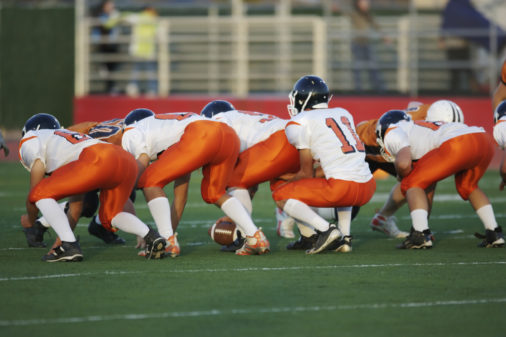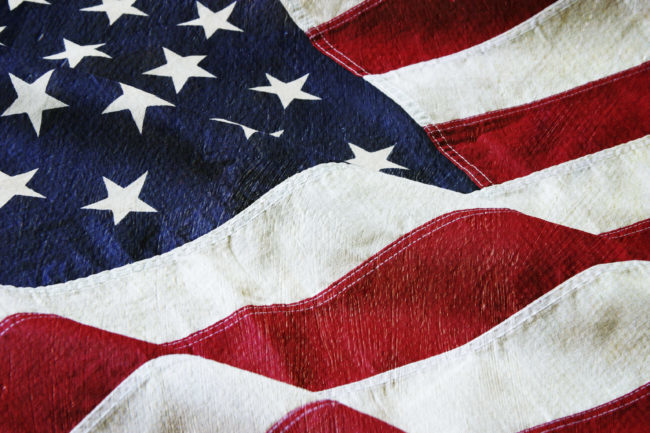Ex-NFL player Marvin Washington and a group of medical marijuana patients told the Second Circuit that they will attempt to get their marijuana de-scheduling lawsuit against the Drug Enforcement Administration (DEA) into the U.S. Supreme Court.
In 2017, the patients sued the DEA, arguing that marijuana was improperly classified as a Schedule I controlled substance. Schedule I drugs, which include heroin and LSD, are treated by the DEA as having a high potential for abuse and no clinical value. The patients alleged that the DEA’s …
Continue Reading



